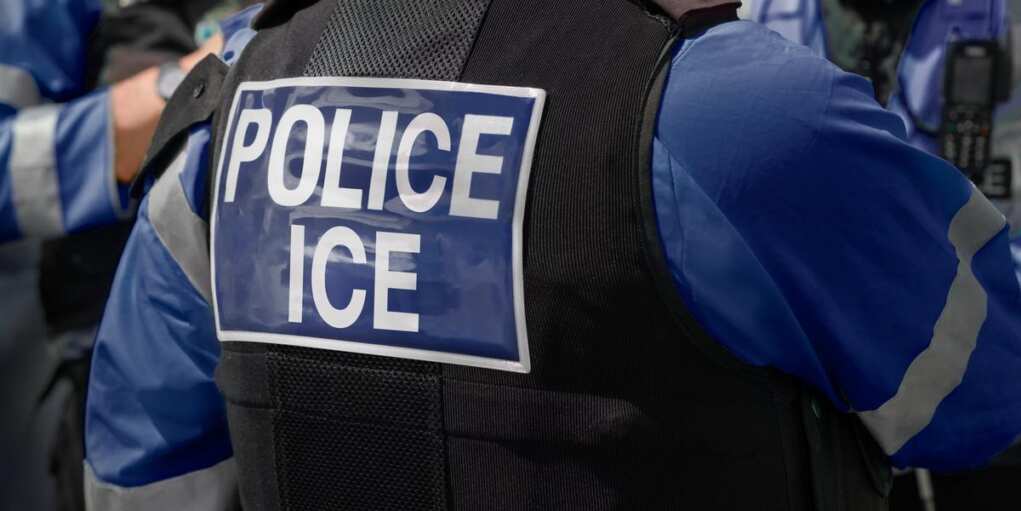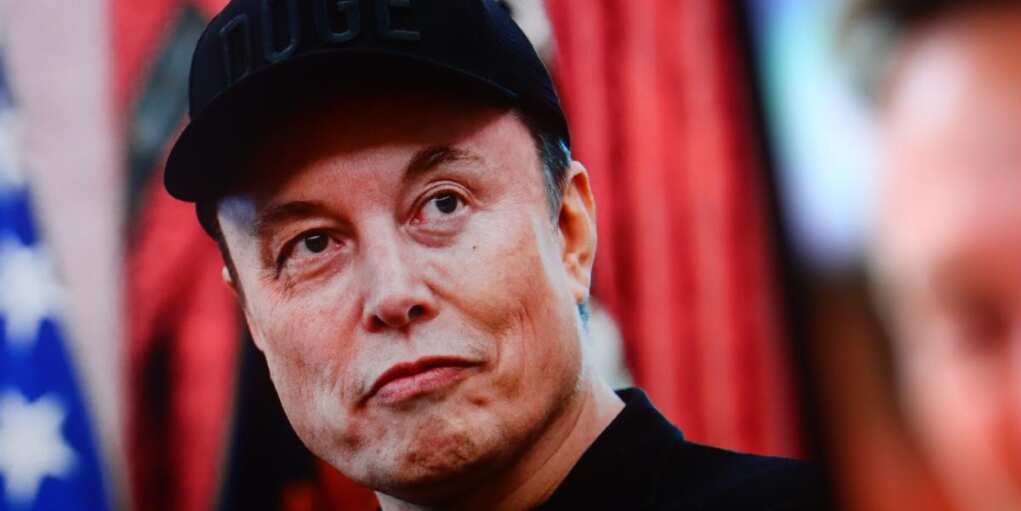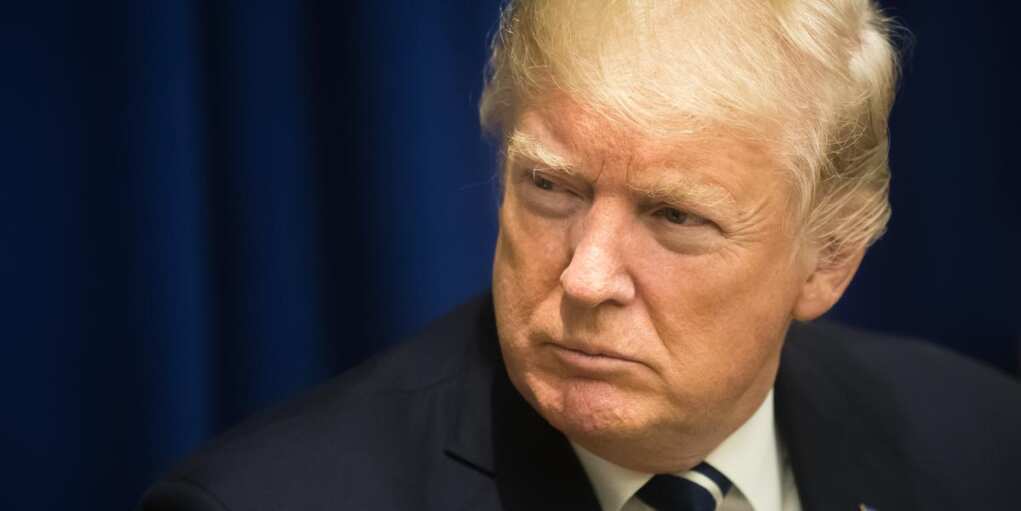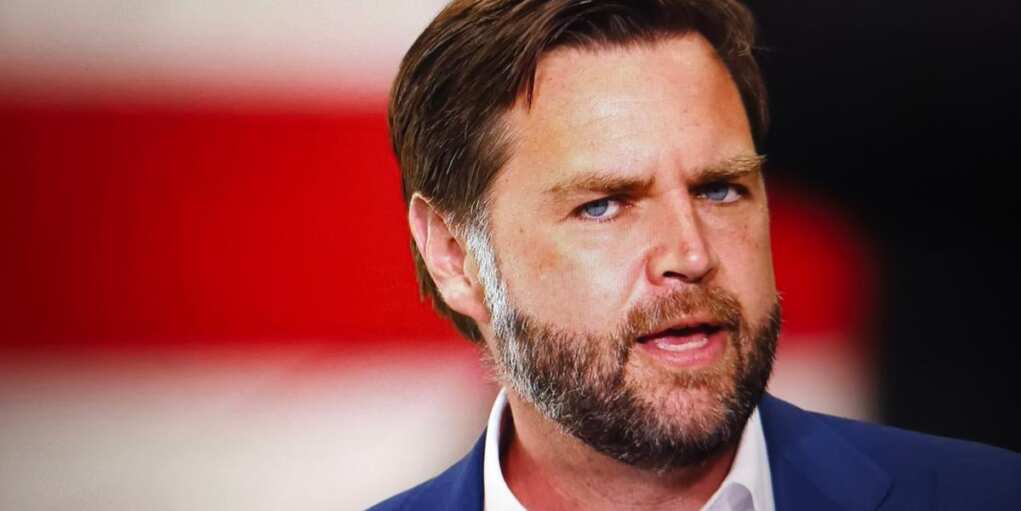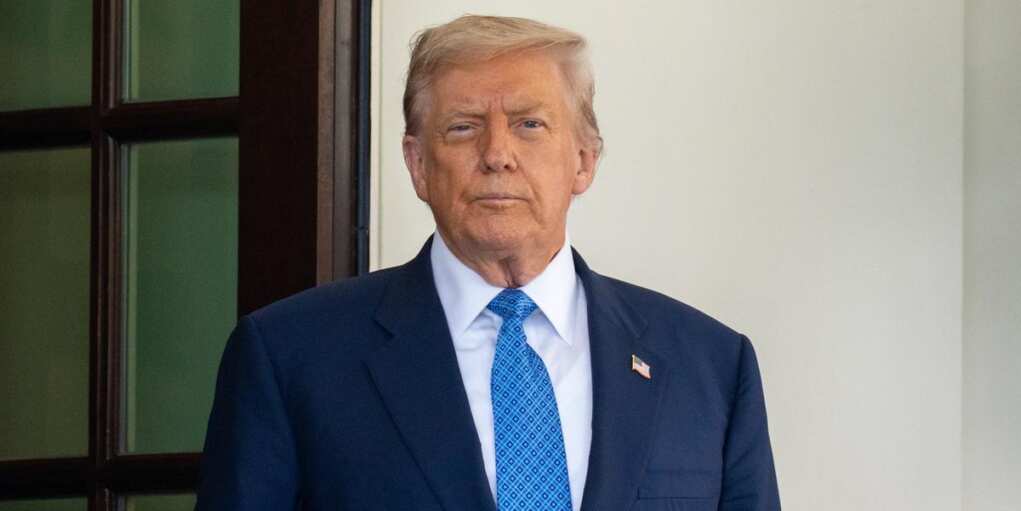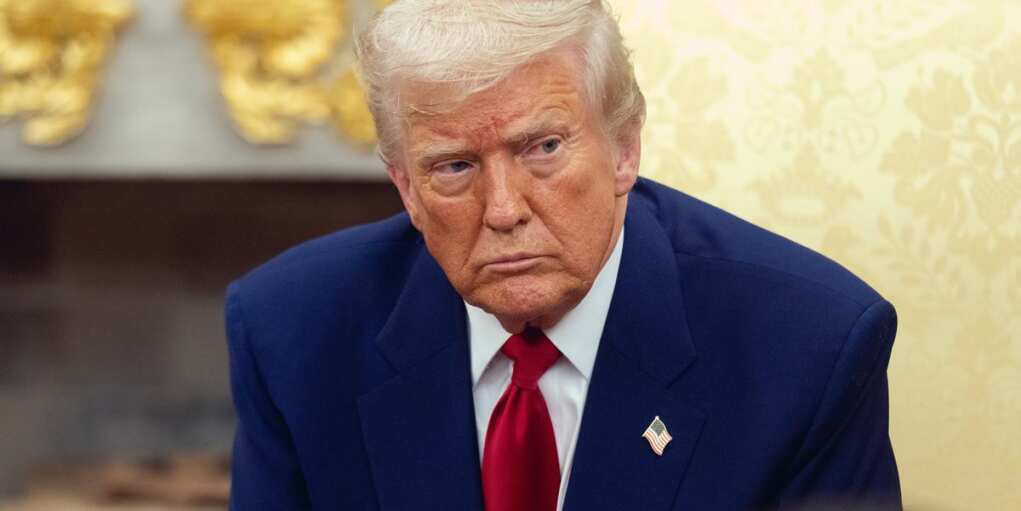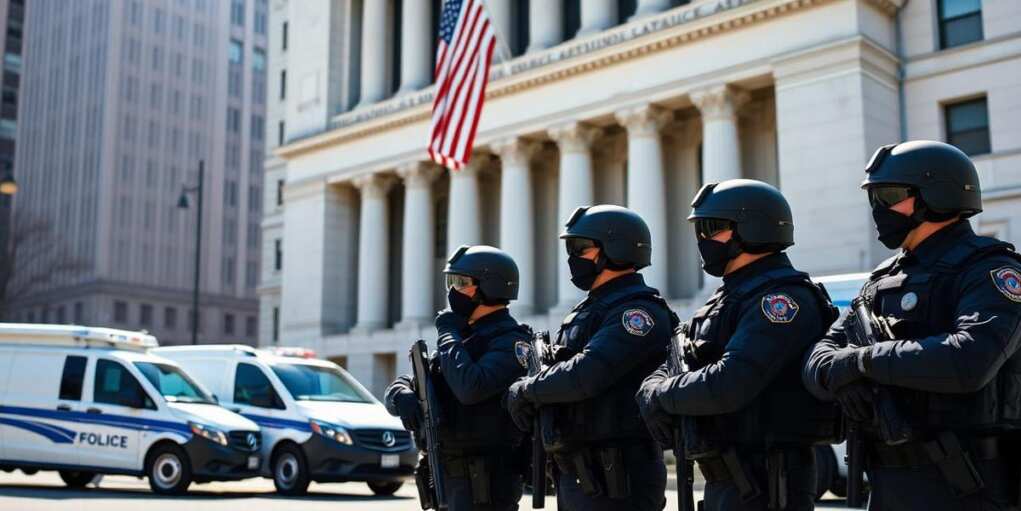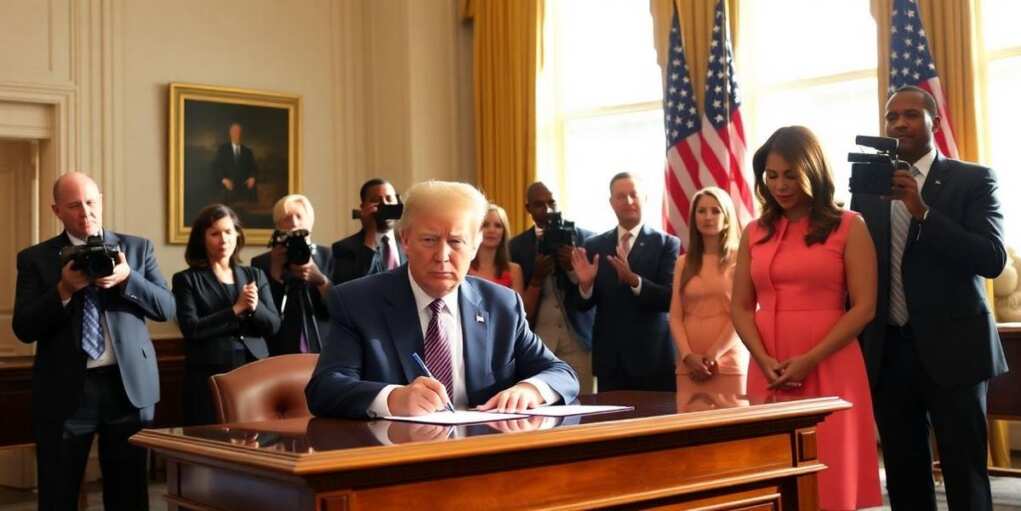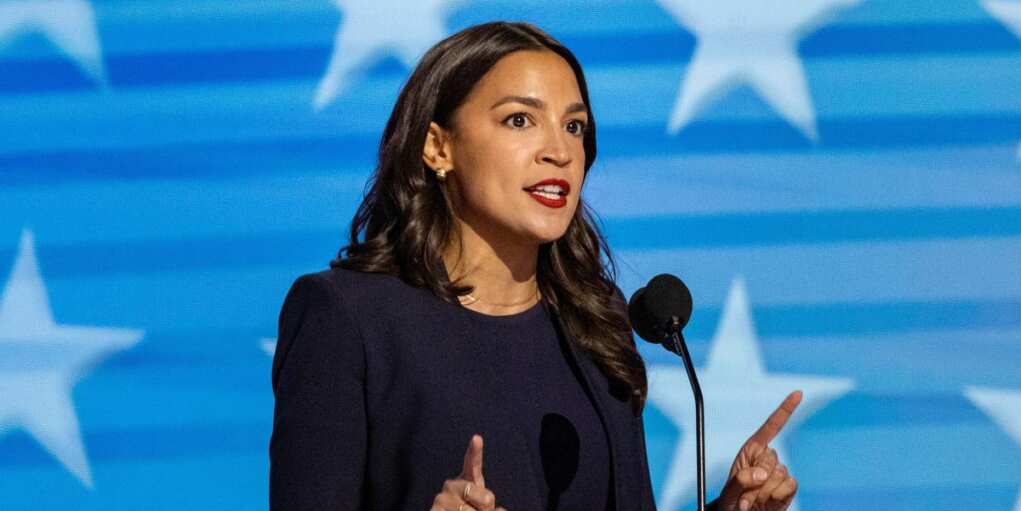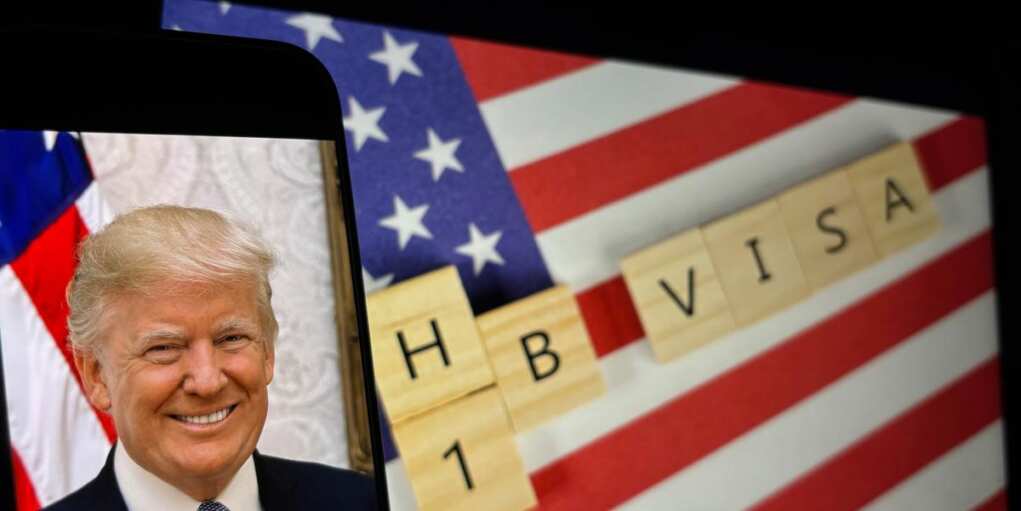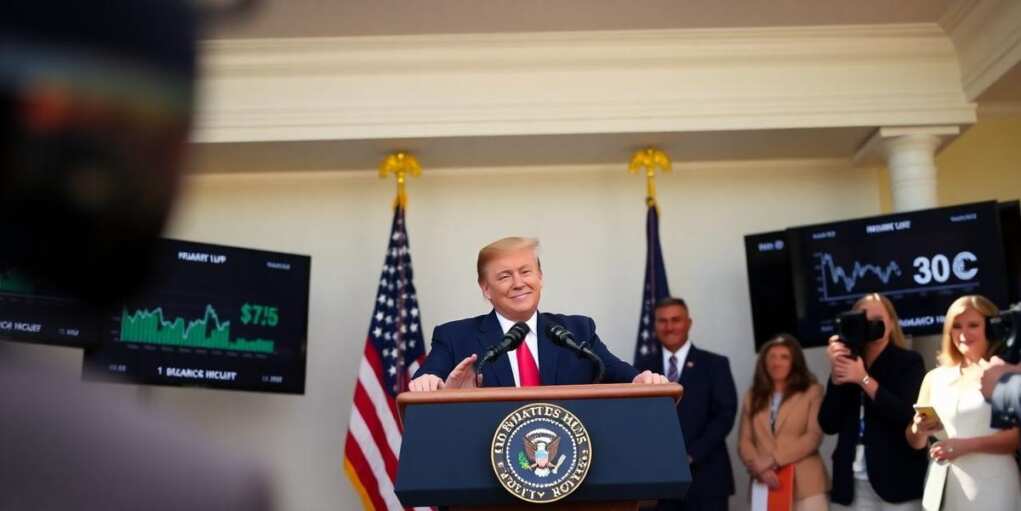ICE Agents Under Siege – They Are In More Danger Than EVER
Copyright LawreySunday on CNN’s State of the Union Trump border czar Tom Homan said threats against Immigration and Customs Enforcement’s officers are up 1200 percent. “Threats on ICE officers are up 1200%. They’re being doxxed on social media. They’re getting death threats every day. They’ve been attacked. They’ve been shot at. And you know, these officers […]
Elon Musk Maps Out The Next 12 Years Of MAGA
Photo AgencyIn a virtual address to a private gathering of former federal appointees in Texas last month Elon Musk outlined what he called a great 12-year span. This begins with Donald Trump’s ongoing second term and continues through two projected terms of Vice President JD Vance during a reunion of his former federal cost-cutting team. Details […]
ICE Video’s Song Triggers Controversy – And Trump Is NOT Apologizing
The White House refused to apologize for using one of pop singer Sabrina Carpenter’s songs after she said the use of it in an Immigration and Customs Enforcement video was evil. Herb Scribner a Senior Audience Associate with Axios shared in a post on X that White House spokeswoman Abigail Jackson had sent him a […]
Revoke Citizenship? Trump Says He Would Do It IF…
Drop of LightPresident Donald Trump on Sunday said his administration’s halt on asylum processing in the wake of the deadly National Guard shooting earlier this week could last a long time. He also floated the possibility of revoking citizenship from some naturalized immigrants with criminal histories. While the administration has framed the asylum freeze as an emergency […]
Doctors Finally Admit Miracles Are Real
Maintaining good health and longevity sometimes takes more than medicine according to Dr. Marc Siegel. In his new book The Miracles Among Us the Fox News senior medical analyst shares miraculous stories of healing and life-saving moments that exceed the bounds of medical intervention. “The book is amazing because it tells itself. The stories aren’t […]
Paramount Announces New Movie Because Trump Wanted It
Anton_IvanovParamount has confirmed that director Brett Ratner’s Rush Hour 4 is now in the works after President Donald Trump reportedly urged producers to consider a fourth entry in the blockbuster buddy-cop film series. The film is set to bring martial arts star Jackie Chan and actor Chris Tucker back together sources say. The series has […]
New Poll Shows JD Vance’s 2028 Numbers
FotoFieldVice President JD Vance is holding a commanding lead over potential rivals in the early 2028 Republican presidential primary landscape according to a newly released Saint Anselm College poll. The survey was conducted on November 18 through 19 with a margin of error of plus or minus 2.1 percent. The poll of likely Republican voters […]
Trump Says Democrats Have Committed A “Major Crime”
Joey SussmanPresident Trump proposed Saturday that Democratic lawmakers who encouraged military personnel to ignore orders belong behind bars. The commander in chief issued his response after several Democrats, including Senator Elissa Slotkin of Michigan, appeared in a video earlier this week encouraging troops to refuse commands. The clip featured the phrase “Don’t give up the ship.” […]
Trump Announces His Decision On The Epstein File Bill
noamgalaiAfter the House of Representatives and the Senate passed their legislation, President Trump has now signed the bill that calls on the Department of Justice to release the Epstein files. In a Truth Social message posted Wednesday night, Trump wrote about Jeffrey Epstein and his connections to prominent Democrats. “Jeffrey Epstein, who was charged by […]
DHS Targets California For Putting Agents In Danger
The Department of Homeland Security filed a lawsuit against California over a new state law that would force Immigration and Customs Enforcement agents to remove their masks and reveal their identities while doing their jobs. First Assistant U.S. Attorney for the Central District of California Bill Essayli announced the legal action on social media this […]
Children SAVED – Trump’s New Executive Order Is A Game-Changer
President Donald Trump signed a new executive order focused on young Americans aging out of foster care. It ties government, private partners, and community groups together to help teens step into adult life with a plan. The action is part of First Lady Melania Trump’s Be Best initiative. It builds on earlier efforts that targeted […]
The War Between Chuck Schumer And AOC Is Heating Up
Maxim ElramsisyA reporter asked Rep. Alexandria Ocasio-Cortez if Senate Minority Leader Chuck Schumer should give up his position after several Democrats broke ranks and sided with Republicans to move a government funding bill forward. Instead of giving a simple answer, she delivered a long explanation that left the core question untouched. “I think what’s important is […]
Trump Accepts H1B’s As “Necessary” — The Reason Why Is Weird
During an interview on Fox News, President Donald Trump spoke about the controversial H-1B visa program, admitting that bringing in large numbers of foreign workers can hurt American wages — but said some positions still require outside talent. Ingraham pressed him directly on whether his administration would prioritize limiting the use of these visas, which […]
Trump Promises To Send Every American $2,000
President Donald Trump made a bold promise this week, vowing that every American—except high-income earners—will soon receive a $2,000 dividend as part of his expanding economic plan. In a message shared on Truth Social, the president made clear where he stands on tariffs and what his policies are doing for the nation’s bottom line. “People […]
Shutdown Carnage Grows — Now Airlines Are Getting Cut
The Trump administration announced sweeping air traffic reductions as the government shutdown continues to strain federal workers and critical infrastructure. Transportation Secretary Sean Duffy revealed that starting Friday, the Department of Transportation will temporarily cut air traffic by 10 percent at forty major airports nationwide. “This is not based on what airline travels has more […]
Most Popular
Most Popular

